The National Assembly requested the mobilization and rotation of doctors and medical staff from higher levels to examine patients at commune health stations to improve the grassroots health system.
On the afternoon of June 24, the National Assembly passed a resolution on thematic supervision of the mobilization, management and use of resources for Covid-19 prevention and control; and the implementation of policies and laws on grassroots health care and preventive medicine.
The National Assembly requested the Government and the Prime Minister to assign ministries and sectors to innovate policies and methods for training and fostering grassroots health workers and preventive health workers, especially those working at commune health stations and village health workers. Hospitals need to mobilize and rotate doctors and health workers to work at grassroots health stations, especially at commune health stations. Regulations on streamlining staff need to be consistent with the characteristics of the health sector.
The National Assembly also requested to innovate the financial mechanism and payment mechanism of the health insurance fund towards increasing spending on grassroots health care; clearly defining the functions, tasks and organization of the health station system in accordance with the scale, population structure, socio-economic conditions, and people's ability to access health services in each region and area.
The Government, ministries and branches have the responsibility to research and ensure adequate salaries, allowances and remuneration for health workers in general, and primary health care and preventive health care in particular; and encourage localities to have policies to attract health workers to work in primary health care and preventive health care.
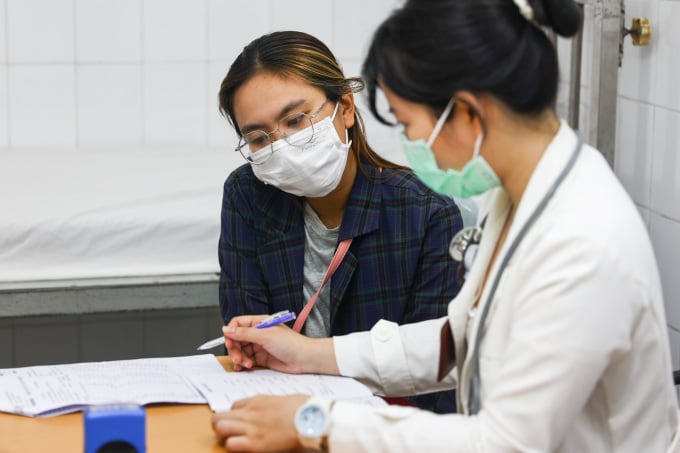
Doctor examines patient at Ho Chi Minh City Hospital for Tropical Diseases, April 2023. Photo: Quynh Tran
Responding to VnExpress earlier, Director of the Hanoi Department of Health Tran Thi Nhi Ha said that since 2013, the Prime Minister has directed and the Ministry of Health has issued guidelines for rotating medical staff to the grassroots level with the expectation of improving the quality of commune and ward health stations. However, when Hanoi implemented it, it encountered many problems with mechanisms and policies, while the results were not high.
District doctors are sometimes not enough to serve this level (in some mountainous areas, district hospitals only have 15 doctors), so transferring them to commune hospitals is not practical. Even in Hanoi, some district hospitals only have 30 doctors, and they cannot handle all the work every day. If a part of them is transferred to commune hospitals, it will be difficult to solve the professional work they left behind.
Vice Chairman of the Social Committee Nguyen Hoang Mai said that sending district doctors to communes is completely reasonable in the context of the shortage of medical staff at commune level, poor quality, and inadequate equipment. According to him, there are two ways to implement the above proposal: sending district doctors to communes to strengthen the existing staff; or district hospitals sending doctors and equipment to communes to examine and treat patients according to schedule.
Source link





![[Photo] Prime Minister Pham Minh Chinh chairs meeting on railway projects](https://vphoto.vietnam.vn/thumb/1200x675/vietnam/resource/IMAGE/2025/10/23/1761206277171_dsc-9703-jpg.webp)


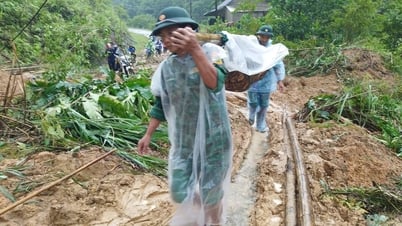



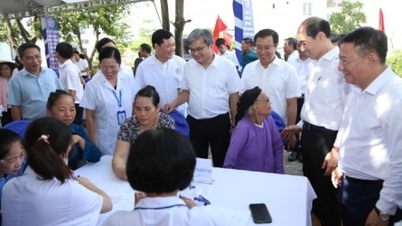


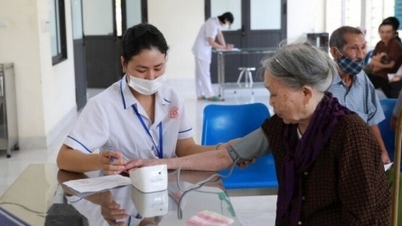
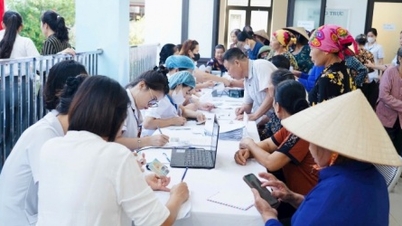
























































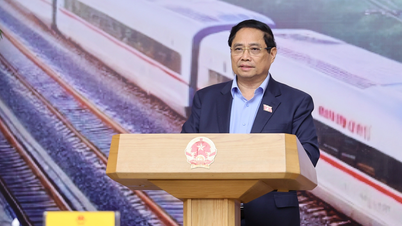

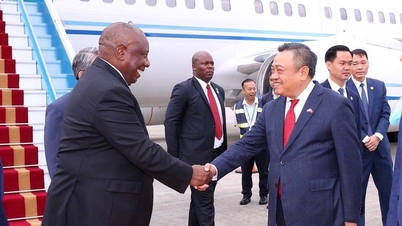














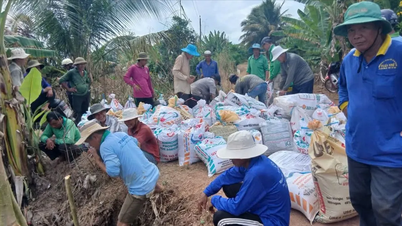

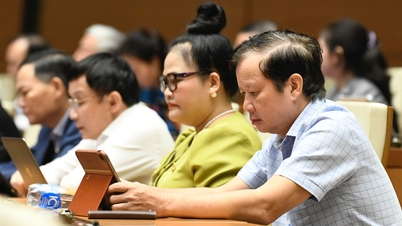

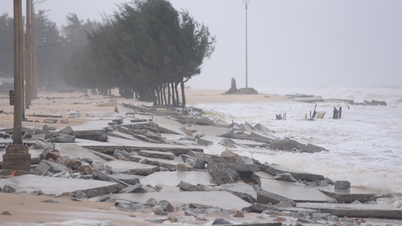















Comment (0)